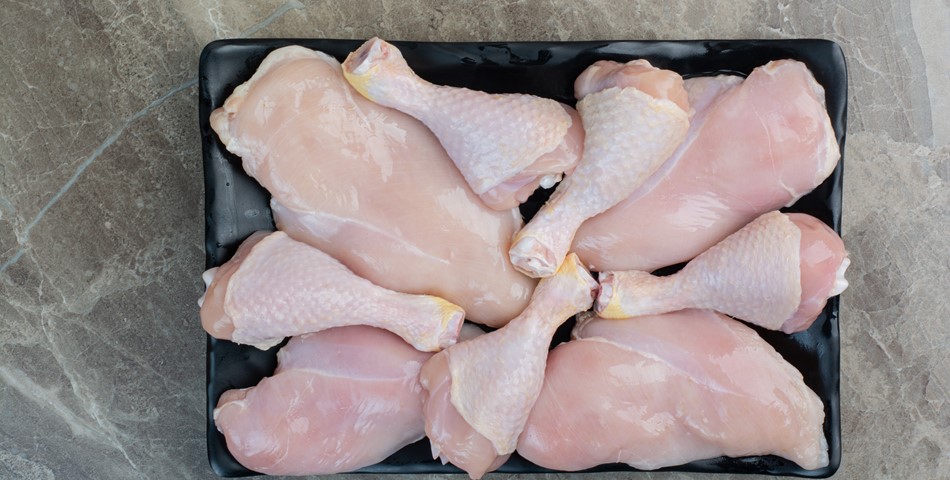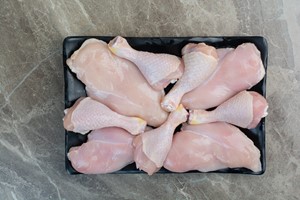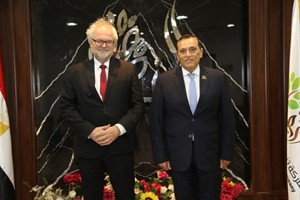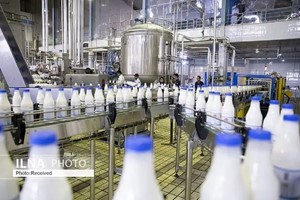On October 12, the Brazilian Ministry of Agriculture announced the formalization of an agreement between Brazil and Algeria, solidifying their commitment after a thorough review of certifications and the establishment of health and safety standards for poultry.
Algeria, boasting a self-sufficiency rate in poultry meat of nearly 90% among African nations, has recently encountered difficulties within its domestic poultry industry. This has prompted authorities to explore international avenues for poultry supplies. The Brazilian Animal Protein Association (ABPA) has strategically positioned itself to meet Algeria's demand for poultry products, particularly focusing on halal chicken meat.
Ricardo Santin, the President of ABPA, emphasized the pivotal role of Halal certification in penetrating Muslim markets. He underscored Brazil's proficiency in exporting halal chicken meat and its capability to meet the specific requirements of this newfound market.
This development aligns with the Algerian government's decision in September to permit imports of red and white meat, responding to escalating prices in the local market. In September, chicken meat prices in Algeria surged by over 33%, reaching approximately 600 dinars ($4.35) per kilogram. Contributing factors included the global increase in livestock feed prices and challenges in productivity due to recurrent heat waves.
Presently, the retail price range for chicken meat in Algeria, reported in October, spans from US$2 to US$4 per kilogram, equivalent to US$0.91 to US$1.81 per pound. Data from the National Office of Livestock Feed and Poultry Breeding (ONAB) indicates that Algeria consumes an average of 50,000 tonnes of white meat per month. In 2021, local production of white meat in Algeria decreased to 430,000 tonnes from 542,000 tonnes in 2020, with chicken meat constituting around 90% of the total.
This agreement not only opens up a previously inaccessible market for Brazilian chicken meat exports but also positions Brazil, as the leading global exporter of halal chicken meat, to capitalize on a substantial opportunity. Brazil annually exports approximately 2 million tons of halal chicken meat, predominantly to Middle Eastern, African, and Asian countries, as well as Muslim consumers in Europe. The anticipated impact of this development is to alleviate supply challenges in Algeria and introduce a new source of poultry products for the country's consumers.
Foodbusinessafrica.com











